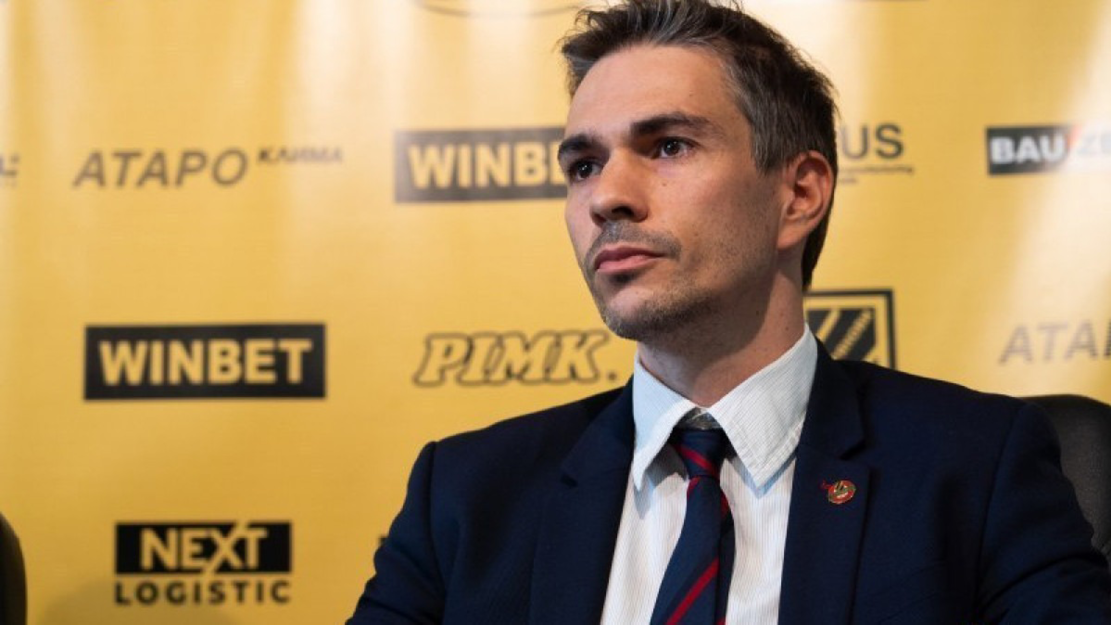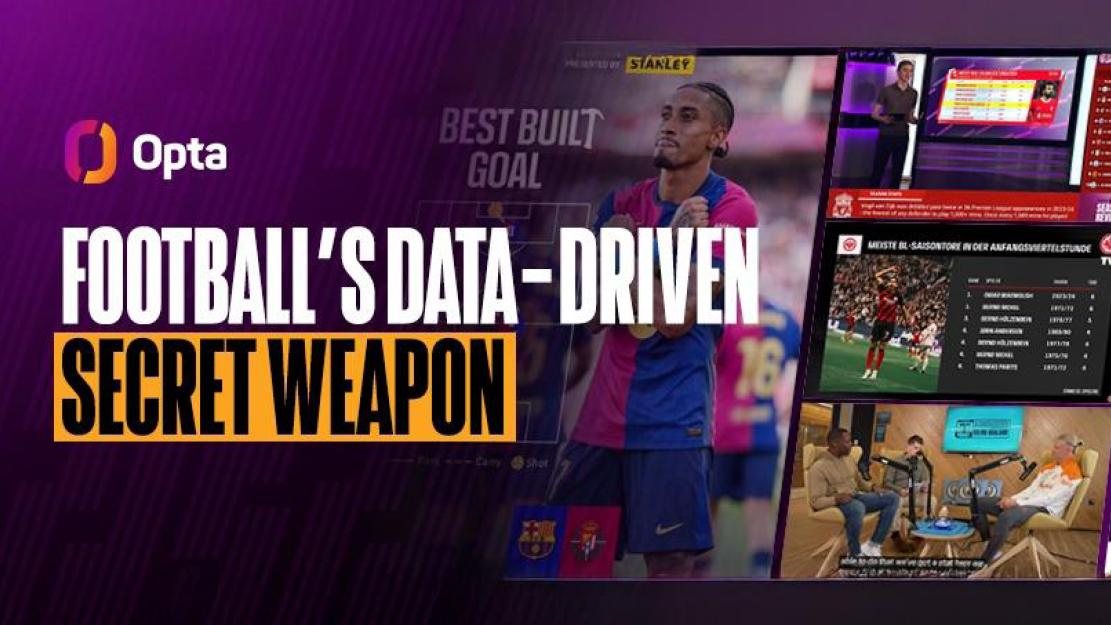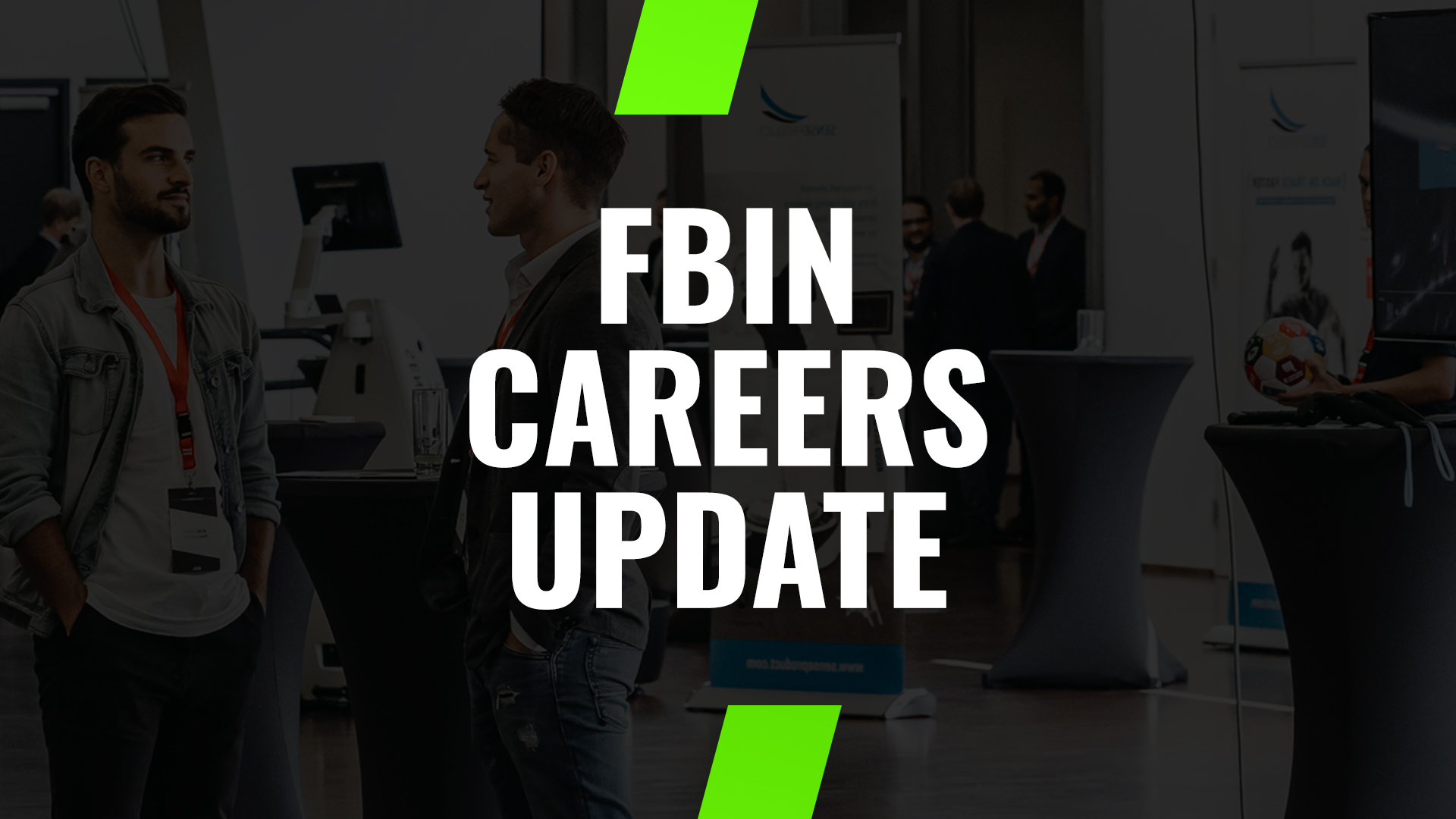Recently, the Swiss company Ammer Group joined the FBIN Business Network. We spoke to Daniel Cerejido, Head of Sports and Entertainment, about their goals within the football industry, their technology and the next development steps.
What does the Ammer Group do?
Daniel Cerejido: Ammer Group is a technology holding company focused on developing innovative products and solutions based on Web3 technology. One of our highlights is our web3 payment ecosystem, which allows users to securely transact, manage and store digital assets.
How did the Ammer Group start?
The original idea behind Ammer was to provide the world with a payment system that would allow billions of people who do not have access to traditional banking systems to participate in the global economy. On the way there we explored other opportunities in the Web3 space, such as non-fungible tokens (NFTs), AR and gamification. The latter are particularly well suited to the sports industry in general, and football in particular.
Why is the football industry interesting for the Ammer Group?
Sports clubs, especially football clubs, and the entertainment industry are crucial for our company. Our technology is designed to be used within ecosystems and communities. Football clubs offer an emotional ecosystem that aligns with our goals, and by implementing innovation, we can help the management succeed both on and off the pitch.
How can you assist football organizations?
As a football executive, I understand the needs of football clubs. The first priority is enhancing fan interaction, as they are long-term customers who support the team both emotionally and financially. The second priority, crucial for the club’s survival, is generating new revenue streams to sustain daily operations, as traditional streams may not be sufficient, especially for medium and small-sized leagues. Our available technology can address both of these needs. Furthermore, Ammer continues to implement innovative approaches to improve and generate revenue streams, so the possibilities are always expanding.
What would be the ideal use case in football for you?
Imagine receiving your season tickets from the club in a branded wallet shaped like a credit card, or even like a ring or a bracelet. You could access the stadium by simply tapping on the access control device. Once inside, you could use it to make purchases of food or merchandise. You could also quickly acquire or receive digital collectibles of recent match events, such as goals or assists. Additionally, you could participate in club giveaways or receive vouchers and discounts from the club’s sponsors and partners. This is no longer just imagination; it can be implemented in any football club, regardless of size, instantly improving current operational systems, enhancing fan engagement, and generating new revenue streams at no cost.
Web3 was hyped some time ago, and now there is some scepticism towards it. How do you address this?
Most innovations follow a similar evolution curve. Initially, there is a lot of hype and high expectations for the potential benefits. However, as the technology progresses, it reveals areas that can be improved, leading to the scepticism you mentioned. Often, this scepticism arises when the implementation proves to be more complex than initially portrayed and the real-life applications are not as straightforward. Nevertheless, Web3 has already surpassed both the hype and scepticism stages. Currently, Web3 technology has consolidated hundreds of real-life applications that enhance people’s lives. While this progress may not be widely known, we strive to educate users about our products, showcasing how they can genuinely improve their day-to-day operations.
What are you currently working on, and what are the next significant developments?
As previously mentioned, our group focuses on continuous improvement of our existing products while also prioritizing innovation. Innovation is crucial for generating creative new revenue streams. We have already established a solid payment system with crypto that supports various protocols, and we have the ability to create tokens and NFTs on our private blockchain. However, our primary focus is on bringing our technology to life by exploring new ways to apply it to everyday business operations in a simple and efficient manner.
How much knowledge about the subject already exists in football? To what extent do you need to create knowledge as well?
While a wealth of knowledge exists in various formats, there is still a long way to go in implementing this knowledge within the fundamental structure of clubs. Traditionally, clubs have primarily focused on match days rather than off-pitch performance, as it is often perceived that winning games solves everything. However, winning consistently is impossible, and clubs must be prepared to perform off the pitch as well, particularly during challenging times. Despite this, off-pitch performance is not the primary focus for the majority of clubs. However, it contributes to fostering a positive atmosphere during difficult times and directly impacts a club’s overall performance, including on-field results.
A new generation of football managers is beginning to understand the importance of setting off-pitch goals, and executive positions related to knowledge and innovation are being implemented within club structures. However, this is still an early stage, and there are numerous use cases and knowledge available, with more being created. What is needed now is individuals who are intelligent and motivated enough to implement these practices as a necessary part of the business.
Ammer was the Presenting Partner at one of our events, and now you have joined the FBIN Business Network. How do you plan to utilize this membership, and what are your goals?
Ammer served as the Presenting Partner at the event in Wiltz, Luxembourg. We participated in the event to introduce our products and services to different stakeholders and demonstrate how they can aid in club management. We believe that football clubs provide the perfect ecosystem for our technology. Our primary goal in attending the meeting and joining the FBIN Network is to gain a better understanding of the industry’s needs. This will enable us to create new applications and enhance existing ones, making our products more efficient and implementable.


 Upgrade to Premium Now
Upgrade to Premium Now






